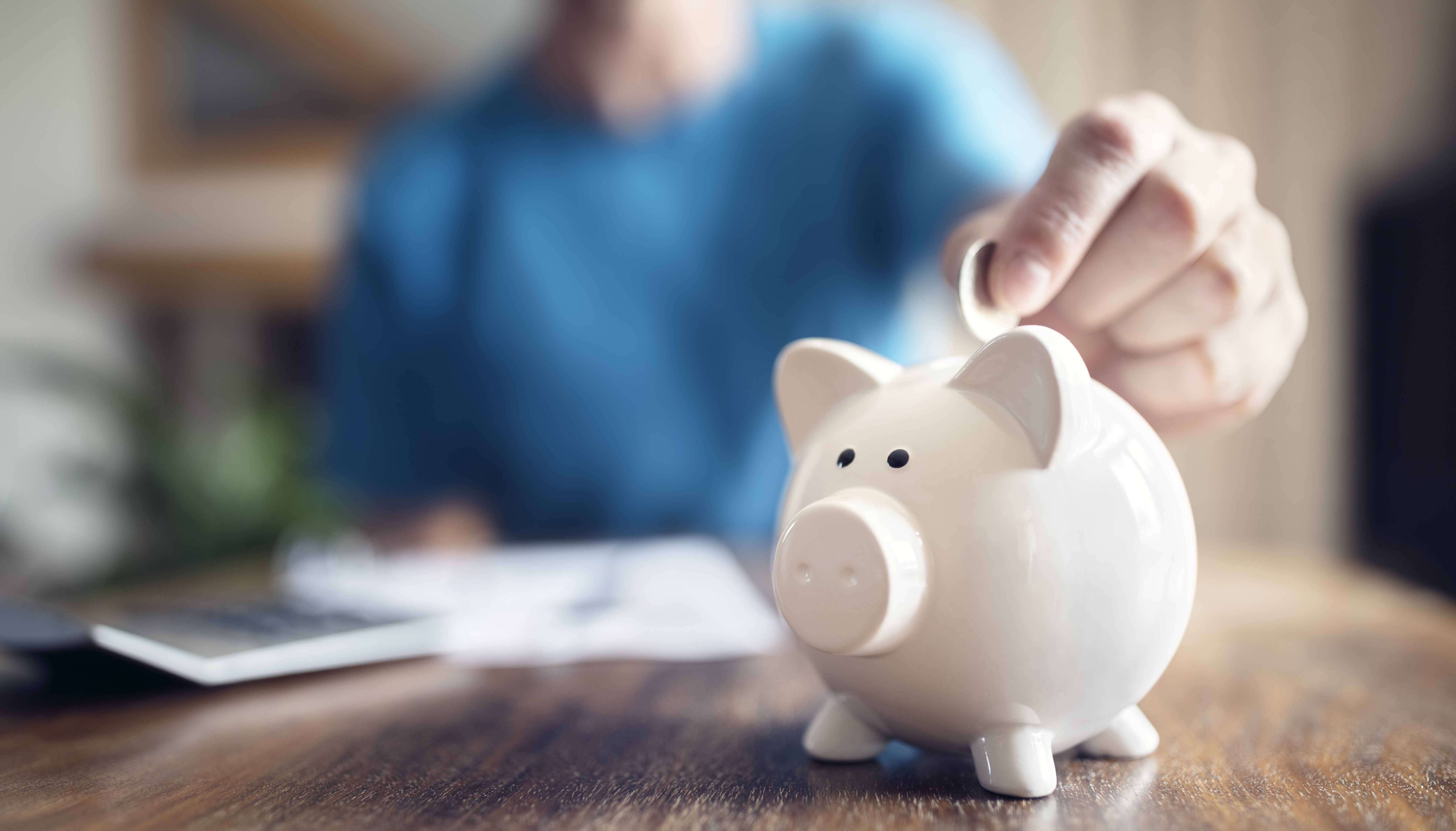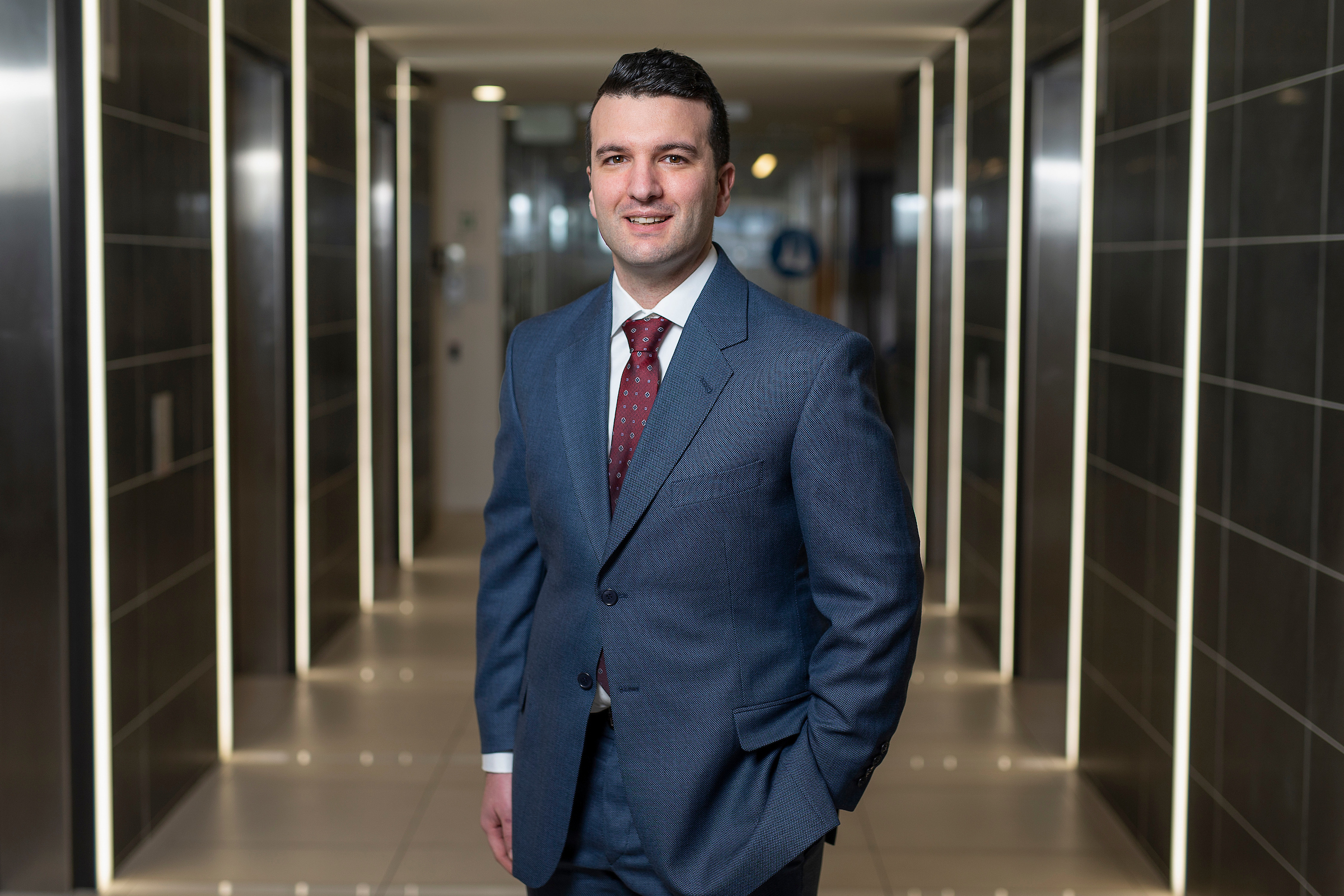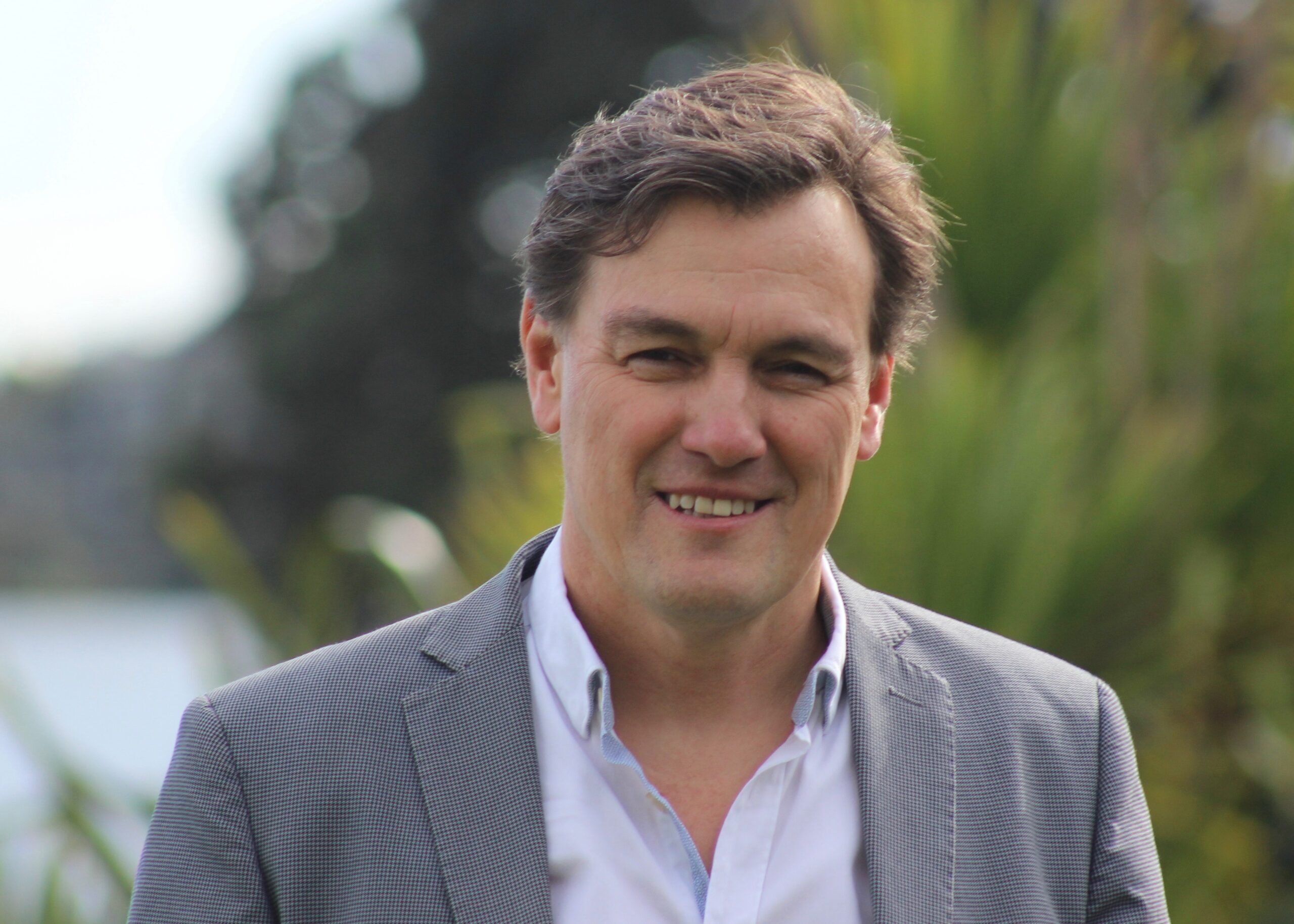

Manager Panel: Preparing for retirement
Welcome to the Manager Panel! Each month to supplement the lead article in InvestNow’s Magazine, InvestNow will ask a few of our Fund Managers some questions around a topic. Read below their thoughts on preparing for retirement, in regards to the August lead article — Not enough already: how to make more of KiwiSaver.
Harbour Asset Management – Chris Di Leva, Multi-Asset Portfolio Manager

Q1: Do you think Kiwis should be doing something else to help fund their retirement, in addition to KiwiSaver?
Ultimately there are really only two things that matter when it comes to investing for your retirement – how much money you put in and how much money your investment makes for you. While we focus a lot on saving enough, which is important, putting aside more money is a luxury not available to everyone.
I think that sometimes we can actually forget that, over the long term, what you invest in can be far more powerful than how much you save. For example, someone who invests $100,000 in a conservative fund which returns 3% earns less than someone who puts $50,000 in a growth fund earning 7% after 20 years.
So for people who are worried they are not putting enough aside and want to do more, it is important for them to assess their risk appetite and see whether their investments can earn more for them.
Q2: What difference does age make when planning for retirement – i.e. how should people prepare for retirement right now if they are a school leaver, in their 20’s, 40’s or 50’s?
I think for a school leaver or someone in their 20’s KiwiSaver is great as a form of forced saving, especially if they can contribute enough to receive the member tax credits. For them it is often more about helping them get into their first home than directly saving for retirement. My wife and I put as much aside as we could into KiwiSaver to get our deposit. I have to be completely honest and say that, without it, I think it would have taken us a couple more years to get into our first home. People in that position have to be careful with the risk they take, as their timeframe isn’t retirement, it’s a lot closer.
Once people have, hopefully, utilised the first home withdrawal facility, it really is about using your timeframe to take a long-term view. Putting aside what you can and perhaps using other managed funds alongside KiwiSaver in case you want the money there for a rainy day (and not locked in).
A common mistake I see is people going low-risk too early. A healthy 65 year old could have 30 years or so in retirement, so does have some capacity to take on risk to ensure their savings don’t dwindle too quickly. The reality is that cash rates today mean that 65 year olds sitting on cash are likely to see their money eaten away by inflation.
Q3: What are some ways you are preparing yourself financially for your own retirement?
I’m in the privileged position of being trusted by others to manage their retirement savings, so it has always been important to “eat my own cooking” and invest my personal money alongside our clients. For this reason, I keep it pretty simple and don’t have my own personal share portfolio. Instead I focus on managing the funds I’m responsible for.
I invest in the fund I manage, the Harbour Active Growth Fund – both as a managed fund, but also through the InvestNow KiwiSaver Scheme. I also invest in the Harbour Long Short Fund which is run by my colleagues Oyvinn and Craig.
My wife and I maintain our KiwiSaver contributions and try add to our managed funds where we can. Like many Kiwis we have a mortgage and a young child to worry about though, so retirement savings are more of a medium term goal.
This does not constitute advice to any person. www.harbourasset.co.nz/disclaimer
Pathfinder – John Berry
 Q1: Do you think Kiwis should be doing something else to help fund their retirement, in addition to KiwiSaver?
Q1: Do you think Kiwis should be doing something else to help fund their retirement, in addition to KiwiSaver?
KiwiSaver is a great part of the savings solution, particularly if you can access both the government and employer contributions. But if you can afford to, it’s great to do more like paying down your mortgage or investing in some managed funds outside of KiwiSaver. Managed funds outside of KiwiSaver have the added bonus of being available at any time, in the case before retirement, you have an emergency need for funds.
Q2: What difference does age make when planning for retirement – i.e. how should people prepare for retirement right now if they are a school leaver, in their 20’s, 40’s or 50’s?
Saving small amounts of money consistently over a long time period eventually builds up a large pool of savings. A long time period also allows you to benefit from your investment returns compounding year on year. Because of this, it is much better to start saving for retirement sooner and while you are younger. The younger you are the less you can probably afford to save every week. But the younger you are the more investment risk you can take because time is on your side. If you invest in higher-risk assets and markets fall, you can hold tight and recover. You don’t have that luxury if you are closer to retirement, meaning as you get older and get closer to needing to spend your money, you should dial back on the investment risk taken. The younger you are the more deeply you need to think about disruptive change and long-term risk. For example, climate change and new technologies (like artificial intelligence) will have a bigger impact on younger investors with a longer time horizon.
Q3: What are some ways you are preparing yourself financially for your own retirement?
Three ways I am preparing for my future retirement are: (1) I hold a well-diversified portfolio to generate the best long-term risk/return outcome. This includes Trans-Tasman shares, international shares, fixed income investments, private equity, some venture capital and some property-related assets. (2) I recognise that often it’s best to trust a specialist with managing my savings. I think about what parts can I do myself and what am I best to outsource to a fund manager. (3) I keep learning. We make better decisions when we are informed and understand the right questions to ask about an investment opportunity or strategy.
Manager Panel: Preparing for retirement
Welcome to the Manager Panel! Each month to supplement the lead article in InvestNow’s Magazine, InvestNow will ask a few of our Fund Managers some questions around a topic. Read below their thoughts on preparing for retirement, in regards to the August lead article — Not enough already: how to make more of KiwiSaver.
Harbour Asset Management – Chris Di Leva, Multi-Asset Portfolio Manager

Q1: Do you think Kiwis should be doing something else to help fund their retirement, in addition to KiwiSaver?
Ultimately there are really only two things that matter when it comes to investing for your retirement – how much money you put in and how much money your investment makes for you. While we focus a lot on saving enough, which is important, putting aside more money is a luxury not available to everyone.
I think that sometimes we can actually forget that, over the long term, what you invest in can be far more powerful than how much you save. For example, someone who invests $100,000 in a conservative fund which returns 3% earns less than someone who puts $50,000 in a growth fund earning 7% after 20 years.
So for people who are worried they are not putting enough aside and want to do more, it is important for them to assess their risk appetite and see whether their investments can earn more for them.
Q2: What difference does age make when planning for retirement – i.e. how should people prepare for retirement right now if they are a school leaver, in their 20’s, 40’s or 50’s?
I think for a school leaver or someone in their 20’s KiwiSaver is great as a form of forced saving, especially if they can contribute enough to receive the member tax credits. For them it is often more about helping them get into their first home than directly saving for retirement. My wife and I put as much aside as we could into KiwiSaver to get our deposit. I have to be completely honest and say that, without it, I think it would have taken us a couple more years to get into our first home. People in that position have to be careful with the risk they take, as their timeframe isn’t retirement, it’s a lot closer.
Once people have, hopefully, utilised the first home withdrawal facility, it really is about using your timeframe to take a long-term view. Putting aside what you can and perhaps using other managed funds alongside KiwiSaver in case you want the money there for a rainy day (and not locked in).
A common mistake I see is people going low-risk too early. A healthy 65 year old could have 30 years or so in retirement, so does have some capacity to take on risk to ensure their savings don’t dwindle too quickly. The reality is that cash rates today mean that 65 year olds sitting on cash are likely to see their money eaten away by inflation.
Q3: What are some ways you are preparing yourself financially for your own retirement?
I’m in the privileged position of being trusted by others to manage their retirement savings, so it has always been important to “eat my own cooking” and invest my personal money alongside our clients. For this reason, I keep it pretty simple and don’t have my own personal share portfolio. Instead I focus on managing the funds I’m responsible for.
I invest in the fund I manage, the Harbour Active Growth Fund – both as a managed fund, but also through the InvestNow KiwiSaver Scheme. I also invest in the Harbour Long Short Fund which is run by my colleagues Oyvinn and Craig.
My wife and I maintain our KiwiSaver contributions and try add to our managed funds where we can. Like many Kiwis we have a mortgage and a young child to worry about though, so retirement savings are more of a medium term goal.
This does not constitute advice to any person. www.harbourasset.co.nz/disclaimer
Pathfinder – John Berry
 Q1: Do you think Kiwis should be doing something else to help fund their retirement, in addition to KiwiSaver?
Q1: Do you think Kiwis should be doing something else to help fund their retirement, in addition to KiwiSaver?
KiwiSaver is a great part of the savings solution, particularly if you can access both the government and employer contributions. But if you can afford to, it’s great to do more like paying down your mortgage or investing in some managed funds outside of KiwiSaver. Managed funds outside of KiwiSaver have the added bonus of being available at any time, in the case before retirement, you have an emergency need for funds.
Q2: What difference does age make when planning for retirement – i.e. how should people prepare for retirement right now if they are a school leaver, in their 20’s, 40’s or 50’s?
Saving small amounts of money consistently over a long time period eventually builds up a large pool of savings. A long time period also allows you to benefit from your investment returns compounding year on year. Because of this, it is much better to start saving for retirement sooner and while you are younger. The younger you are the less you can probably afford to save every week. But the younger you are the more investment risk you can take because time is on your side. If you invest in higher-risk assets and markets fall, you can hold tight and recover. You don’t have that luxury if you are closer to retirement, meaning as you get older and get closer to needing to spend your money, you should dial back on the investment risk taken. The younger you are the more deeply you need to think about disruptive change and long-term risk. For example, climate change and new technologies (like artificial intelligence) will have a bigger impact on younger investors with a longer time horizon.
Q3: What are some ways you are preparing yourself financially for your own retirement?
Three ways I am preparing for my future retirement are: (1) I hold a well-diversified portfolio to generate the best long-term risk/return outcome. This includes Trans-Tasman shares, international shares, fixed income investments, private equity, some venture capital and some property-related assets. (2) I recognise that often it’s best to trust a specialist with managing my savings. I think about what parts can I do myself and what am I best to outsource to a fund manager. (3) I keep learning. We make better decisions when we are informed and understand the right questions to ask about an investment opportunity or strategy.

Leave A Comment